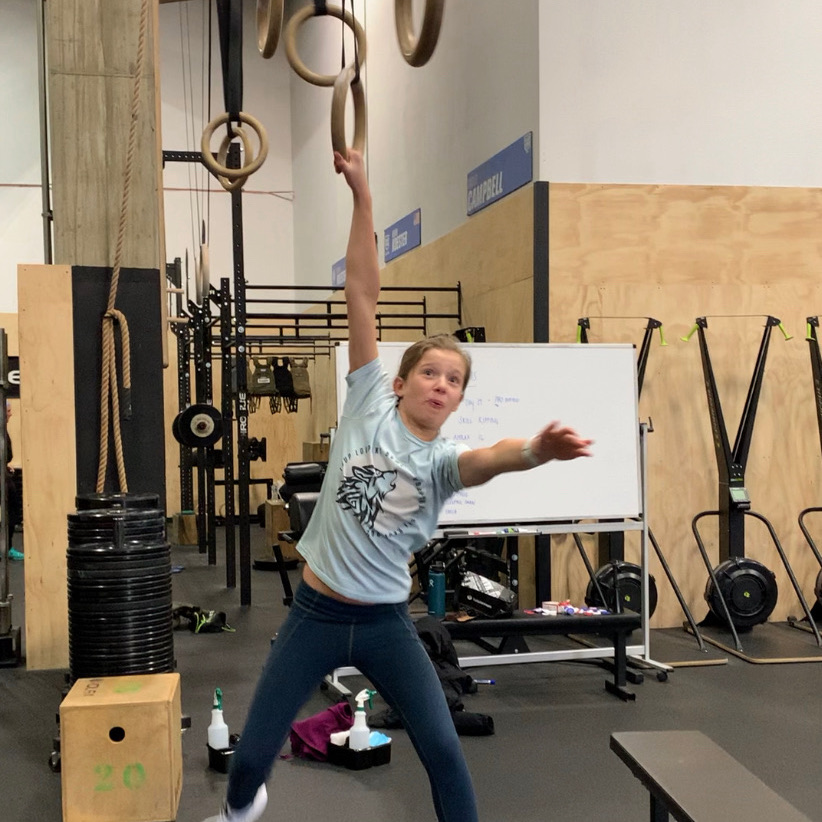
Tap into Play to Enhance Your Life – Here’s How
Written by Tricia Moore
We all love hearing the giggling and uninhibited laughter from children who are playing. Seeing children play is a joyous moment in itself – we are often brought back to a simpler time, when life was about having fun and enjoying ourselves.
Play allows us to learn how to be creative and helps nurture critical thinking, personality development, and adaptive pathways for us in childhood. The benefits of play are far-reaching, but we often give up play as adults for more serious pursuits such as our careers, our relationships, and our families – all of which are valid pursuits.
But what if we could tap into play to enhance our life experiences, our professions, our relationships, and our family lives as adults as well?
Play for adults is critical in our stressful go-go-go lives. Play has been known to release endorphins, improve brain functionality, and stimulate creativity. And it can even help keep us young and feeling energetic.
With age comes wisdom and knowing who we are are what we want, and this is the primary reason we are often discouraged from playing as an adult. We know what we like to do, we have limited time, and we are result focused. In contrast, play requires we pursue it for the sole pleasure of the process. Play is healthy and fun and it is literally a roll the dice.
One of the definitions of play, from the Oxford English Dictionary, is to wield lightly and freely; to keep in motion.
Who wouldn’t like to experience more moments of lightness and freedom in our days? Play is so important and yet so often overlooked in adulthood. Fortunately we can easily create a play practice in our lives as there are many different ways to play and many different types of play. Stuart Brown, MD, has been studying play for decades and in his book, Play, he outlines the five play archetypes that he has observed during his years of research.
Rough-and-Tumble Play
Rough-and-tumble play is a great learning medium for all of us. Diving, battling, tug-of-war, capture the flag, scavenger hunts, kickball, and dodgeball are all ways to play actively. According to Dr. Brown, through this form of play we develop emotional regulation as well as cognitive, emotional, and physical mastery.
Ritual Play
Chess, board games, and activities or sports with set rules and structures all fall into the world of ritual play. It is in ritual play that we can create, strategize, design, and engage in activities that bring people together for a common purpose or goal.
Imaginative Play
Remember when you were a child and had so much fun living out your fantasies and letting your imagination run wild? This is what imaginative play is all about! Coloring, storytelling, painting, drawing, crafting, and acting, as well as comedy and improv classes all foster our imaginations through play.
Body Play
Brown defines body play as a spontaneous desire to get ourselves out of gravity – how much fun is this form of play! Yoga, Pilates, hiking, small group training/CrossFit, whitewater rafting, riding roller coasters, mountain climbing and biking, surfing, and snorkeling all fit the mold of body play.
Object Play
This form of play will really bring us back to our childhoods as object play can encompass building with Legos, playing with Jenga blocks, building fortresses, and can even having snowball fights. Manipulation of objects, building, and designing all fall into the object play category.
The positive benefits of playing, so heads-up, the side effects may include (but are not limited to):
- improved cognitive functioning
- being able to deal with stress with greater ease and fluidity
- creative thinking
- childlike exuberance
- laughing more often.
To identify the kind of play that would be most meaningful to you, think back to the play you enjoyed as a child and try to connect that to your life now. For example, a person who was very active as a child may be wise to engage in recreational sports as an adult. Play has the power to deeply enrich your adult life, if we pay attention to it.